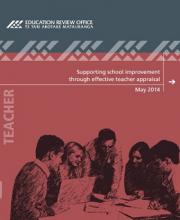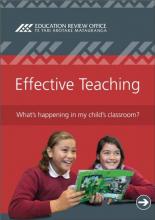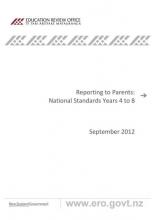Covid-19 Learning in Lockdown
ERO is undertaking a programme of work to learn the lessons from the lockdown and to support the education system, schools and early childhood centres to respond to the disruption to education caused by the Covid-19 pandemic. As a first stage of this work, ERO surveyed a sample of students and teachers in primary and secondary schools. This report sets out what we found about their wellbeing and experiences of learning and teaching during the lockdown.












